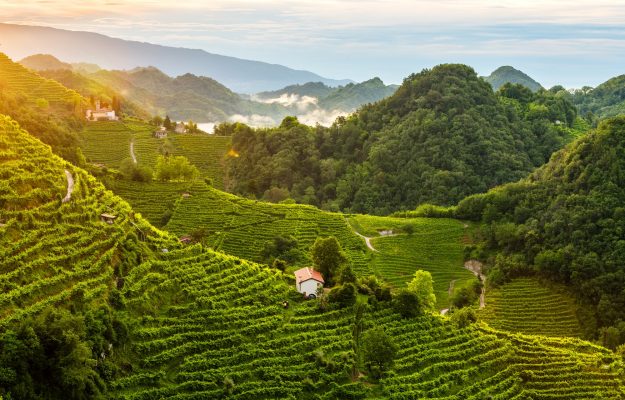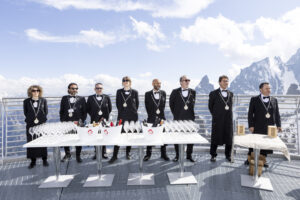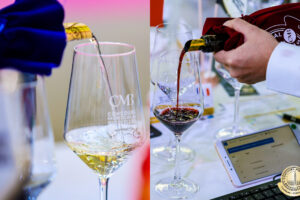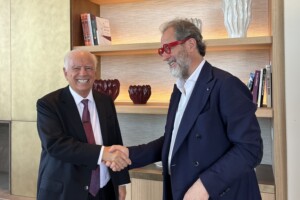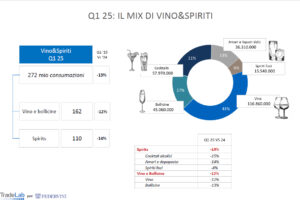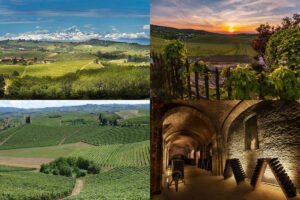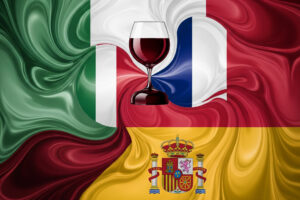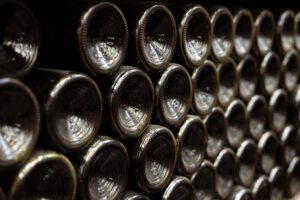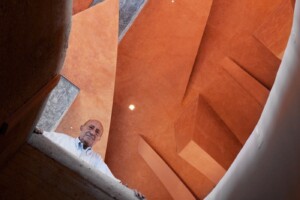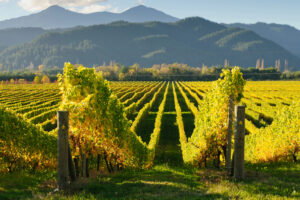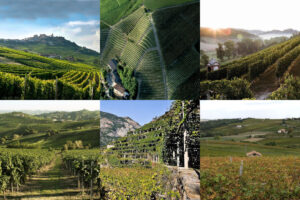The future of Italian wine, its territories, the people who work and live there is enclosed in five essential assets, which are, reducing the use of plant protection products, the rational use of water resources during the wine process, protecting the chemical-physical characteristics of the soil, reducing climate-changing gas emissions and promoting energy efficiency and energy production measures through renewable sources in the wine process, recovering and recycling production materials / production waste and promoting eco-compatible packaging. These resources will be developed through choosing the best that past knowledge, innovations, technology, science and research have made available. And, not surprisingly at all, these are the precise areas that have been included in the in-depth study that the Conegliano Valdobbiadene Prosecco Superiore DOCG Consortium, led by Innocente Nardi carried out together with the Symbola Foundation, chaired by one of the pioneers of the green economy in Italy, Ermete Realacci. The two outstanding organizations have photographed the state of the art of one of wine’s most successful territories today, and have detailed the existing solutions in every area, black on white, (drones, genome editing, the web applied to agriculture, reusing production waste and more sustainable packaging, just to mention a few examples), which are available to everyone. They have also called on two high-level collaborations, such as "Enel X" and Novamont, to increase energy efficiency, using renewable sources and experimenting with eco-decant and biodegradable sheets in soil for mulching.
Their vision is prospects for the future, which is all the more important during this moment of revolution and uncertainty, where it has become fundamental to clearly identify on which pillars to set the future. “Wine is one of Italy’s extraordinary ambassadors to the world. The work we have begun, together with the Prosecco Superiore DOCG Consortium, confirms the relationship that exists in our country among quality products, sustainability, landscape, innovation and culture. On the other hand, as the “Manifesto of Assisi” explains, there is nothing that does not work in Italy and therefore a system can be made from that which works in Italy”, said Ermete Realacci.
“The study we carried out together with the Symbola Foundation characterizes the further development of our approach to sustainability in the area and confirms the role of our environmental laboratory, which is also the merit of the collaboration with Novamont and Enel X", emphasized Innocente Nardi. Prosecco DOCG is the voice of a territory, which looks to the future on the notes of its excellent past of great successes, as well as a record-breaking 2019. It is a symbolic case history that narrates the story of Italian wine’s last 40 years.
In 1986 (the year of the methanol scandal, ed.), Italy produced a total of 76.8 million hectoliters for a turnover equal to 2.5 billion euros. Today, instead, Italy produces 54 million hectoliters, 30% less, but that are worth 11 billion euros. In addition, exports, which then were worth 800 million euros, are now worth more than 6.2 billion euros. Furthermore, at that time, the share of DOC and DOCG wines was 10% of the production, while today, counting the TGI wines, which were created later, the share is more than 60%. These numbers summarize the commendable path Italian wine has always followed in its role of custodian of Italy’s wine territories, together with some of its pioneers at the local level as well. For instance, the Conegliano and Valdobbiadene hills, which today are Unesco heritage, continue on a path that will strengthen the various environmental protection actions that the Consortium has implemented in recent years. It is, in fact, one of the first in the world to have promoted and had the municipal administrations of the area approve, a measure that imposed, since 2019, the absolute ban on the use of glyphosate, thus the entire area of the denomination is the largest wine-growing territory in Europe free from this herbicide.
“The Prosecco Superiore DOCG brand”, added Ermete Realacci, has been recognized a UNESCO heritage, and now must be relaunched in a more global context. Prosecco Superiore accepts the challenge that looks to the future, for the sake of wine, the territory and the communities. Betting on Italy that makes Italy is the key to strengthening our economy”. “Since 2011 and the publication of the first edition of the Viticulture Protocol”, said Innocente Nardi, “the Consortium has seriously undertaken and planned the path of environmental sustainability that in 2019 brought us, in collaboration with local administrations, to the abolition of the use of glyphosate in the 15 municipalities of the Denomination. We are proudly the largest “glyphosate - free” area in Europe. This study will allow us to mark a further development of our approach to sustainability, and that is, updating all the players in the area regarding the most cutting-edge innovations in this area, thereby continuing to confirm the role of our name as an environmental laboratory”.
Enel X, part of the Enel Group (electric company) is committed to innovative products and digital solutions. Enel X will begin, in collaboration with the Consortium, a specific training and awareness-raising activity on circular economy issues in the production of renewable energy, energy efficiency, energy management and the development of electric mobility for activities in the vineyards, as well as production and accessory processes carried out in the cellar. Further, Novamont, a pioneer company in the bio economy sector and international leader in bio plastics production and in biochemical development, will also collaborate in the practice of weeding, which intersects two dimensions - “Soil Management and Biodiversity” and “Substitution and chemical reduction”- and begin testing bio-herbicides of totally natural origin and using mulch sheets in biodegradable Mater-Bi in the soil, replacing the traditional plastic sheets.
These programs also include adopting 4.0 technologies and in particular, using drones in the vineyard to create geo-referenced detailed maps with which to develop area maps for cultivation operations, which will strengthen the agronomic bulletins, a service the Consortium offers to its member companies. There are also activities to protect and enhance biodiversity through integrating agronomic and ecological disciplines as well as actions to care for and protect the “ciglioni”, a characteristic feature of the Conegliano Valdobbiadene Hills, and UNESCO World Heritage Site. The program of activities and interventions will ensure that Conegliano Valdobbiadene Prosecco Superiore DOCG becomes even more sustainable and superior quality.
Copyright © 2000/2025
Contatti: info@winenews.it
Seguici anche su Twitter: @WineNewsIt
Seguici anche su Facebook: @winenewsit
Questo articolo è tratto dall'archivio di WineNews - Tutti i diritti riservati - Copyright © 2000/2025










